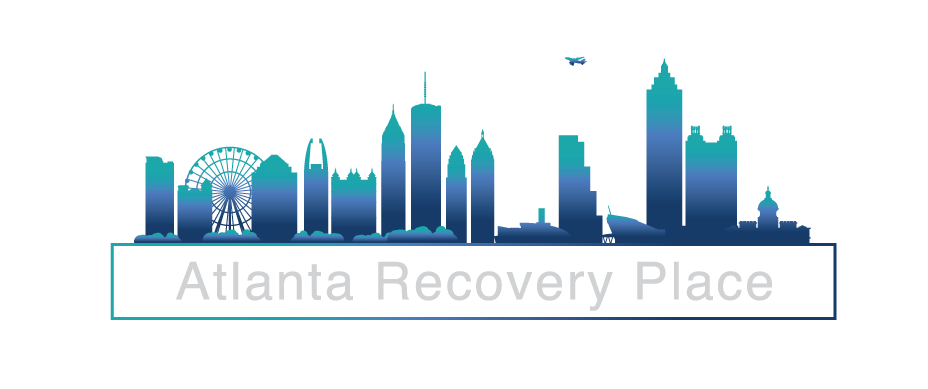Interrupting the Cycle of Addiction for Lasting Recovery
Addiction, a complex and chronic disease, is a cycle that can cause significant harm to an individual’s life. It impacts a person’s life’s physical, mental, social, occupational, and legal aspects. However, the good news is that addiction is treatable like other chronic diseases. Through the proper treatment and recovery programs, individuals can break free from the cycle of addiction, regain control over their lives, and work towards achieving their long-term sobriety goals.
Atlanta Recovery Place is a dedicated treatment center for individuals struggling with addiction and additional mental health concerns. Our facility is designed to provide the most supportive and current treatment methods to support individuals on their recovery journey. Through treatment, clients can work on mental, physical, and emotional health to achieve holistic healing through recovery.
Contact a treatment specialist today to learn more about breaking the addiction cycle in our Georgia addiction recovery center.
Understanding the Cycle of Addiction
The cycle of addiction refers to the recurring stages that an individual goes through, from the initial use of a substance to dependency and the subsequent attempts at recovery. These stages primarily include the binge/intoxication stage, the adverse affect/withdrawal stage, and the preoccupation/anticipation stage. The stages are a cycle where one leads to the next, and so on. It is also applicable to more than just substances.
The Binge/Intoxication Stage
This initial stage of the addiction cycle is identified by the individual experiencing the pleasurable effects of substance use, such as euphoria, anxiety reduction, and easing of social interactions. Repeated excitement of the brain’s reward system reinforces substance use, increasing the likelihood of repeated consumption and the formation of habits. Over time, specific stimuli associated with substance use can trigger powerful urges, or cravings, to use the substance again.
The Negative Effect/Withdrawal Stage
When the substance use is stopped, withdrawal symptoms kick in. These can be both physical, like sleep disturbances, pain, and feelings of illness, and emotional, like dysphoria, irritability, anxiety, and emotional distress. During this stage, individuals often resume substance use to escape the discomfort associated with withdrawal. While the physical symptoms of withdrawal often end within a week, individuals often struggle with the mental symptoms of withdrawal for much longer. Things like anxiety, depression, and other mental health disorders masked by substance abuse are often much more challenging to manage during this time.
The Preoccupation/Anticipation Stage
The final stage of the addiction cycle is characterized by the individual seeking the substance again after a period of abstinence. The person becomes preoccupied with the substance, how to get more of it, and looks forward to the next time they consume it. The anticipation of substance use often leads to a lapse or relapse with the substance, signifying the need for resumed, modified, or new treatment. For individuals actively choosing recovery, knowing that the average individual relapses approximately five times before achieving sustainable recovery is essential.
Treatment and Recovery from Addiction
Effective treatment programs for addiction focus on helping individuals break free from the cycle of addiction and regain control over their lives. These programs employ various treatment methods, including medications, behavioral therapies, and comprehensive support services, that address the whole person, not just their substance use disorder.
Additionally, treatment can vary based on the severity of the addiction. Individuals may require inpatient care, with 24-7 monitoring for support through the withdrawal and early recovery stages, or they may be able to complete that at home with the help of a loved one. Other individuals may require outpatient treatment, a consistent form of therapy and treatment that allows the individual to live at home while undergoing treatment.
Medications and Devices for Addiction Treatment
Different types of medications may be helpful at various stages of treatment to help individuals stop using substances, stay in treatment, and avoid relapse. For instance, medications like Methadone, Buprenorphine, and Extended-release naltrexone are commonly used to treat opioid addiction. Similarly, Nicotine replacement therapies, Bupropion and Varenicline, are used to treat nicotine addiction.
Medication therapies used in our Georgia druig and alcohol addiction treatment are FDA-approved medications to support an individual’s mental and physical health throughout recovery. Substances can have a severe effect, and when an individual stops using, there can be many physical and psychological side effects. The medication can alleviate or mitigate some more powerful and complex side effects.
Behavioral Therapies for Drug Addiction
Behavioral therapies are crucial in treating addiction by helping individuals modify their attitudes and behaviors related to substance use. Therapies like cognitive-behavioral therapy, contingency management, motivational enhancement therapy, family therapy, and twelve-step facilitation can enhance the effectiveness of medications and help individuals remain in treatment longer.
These treatment styles are utilized in inpatient, outpatient, and aftercare programs. Clients in treatment experience individualized treatment, group therapy sessions, and in aftercare may even attend Alcoholics Anonymous or Narcotics Anonymous as ways to continue the therapy and accessible support of others in similar situations.
Breaking the Addiction Cycle with Atlanta Recovery Place
At Atlanta Recovery Place, we understand the complexities of the cycle of addiction and the challenges associated with breaking free from it. Our comprehensive treatment facility is designed to support clients on their journey to recovery. We develop individualized treatment plans that address the mental and physical health aspects of healing to provide the most comprehensive support possible.
Our Georgia outpatient drug rehab combines traditional and alternative therapies, allowing our clients to focus on recovering themselves and work towards breaking the cycle of addiction. We believe that recovery is not just about stopping substance use; it’s about restoring the whole person – mind, body, and spirit.
Get out of the addiction cycle today with Atlanta Recovery Place.





